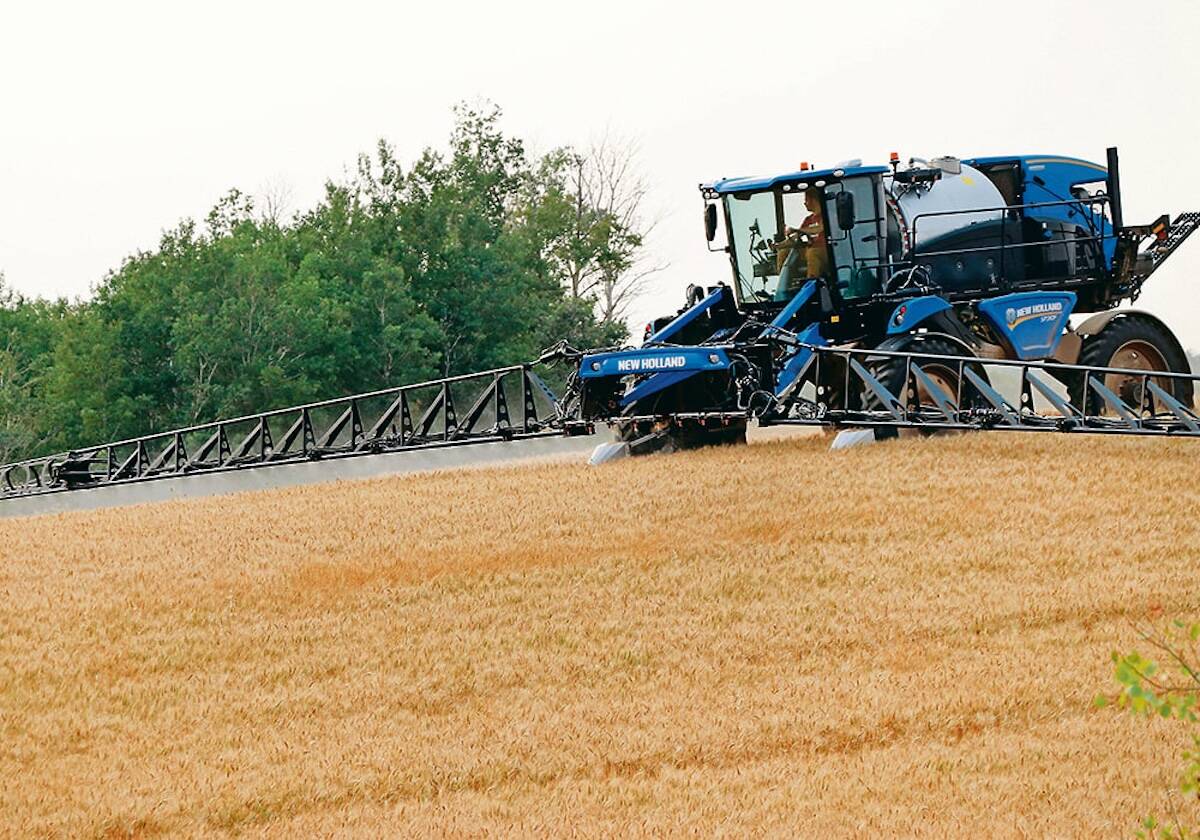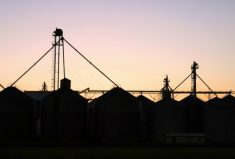Manitoba’s agriculture community is welcoming news it will be getting a few more exemptions from the incoming provincial carbon tax.
The Pallister government this week announced fuels used to heat and cool livestock buildings and greenhouses and to dry grain would get a pass on the tax.
The sector successfully argued from the outset it needed these exemptions to remain globally competitive. As exporters that don’t set their own prices, farmers have no ability to pass these higher costs on.
Read Also

Farming still has digital walls to scale
Canadian farms still face the same obstacles to adopting digital agriculture technology, despite the years industry and policy makers have had to break them down.
While making the announcement, the province highlighted the importance of agriculture as one of the main economic drivers of the province. Dan Mazier, president of KAP, praised the government for listening to the concerns of the industry, saying the system worked.
Agriculture wasn’t alone in gaining exemptions. Commercial fishing, trapping, logging and even prospecting got a pass as well. Likewise hospitals and municipalities got limited exemptions for activities such as firefighting.
These exemptions come on top of exemptions for purple fuel that will avoid pump taxes that will hit gasoline at 5.32 cents/litre and diesel at 6.71 cents/litre, costing the average Manitoban about $125 a year at the pump.
Large-scale emitters such as the Koch plant in Brandon and the Vale smelter in Thompson have also received a pass on paying up until 2019, and then they’re promised a system of credits for trade.
Critics will likely deride these moves. Many proponents of a carbon price will fret that too many exemptions undermine any efforts to rein in the problem, making the policy meaningless in the end.
Such policies, especially when they’re not global, are always going to be a delicate balancing act between protecting the economy and the environment.
What shouldn’t go ignored here is the unsung benefit (and unheralded risk) of pursuing (or ignoring) increased efficiency.
Tony Blair, former prime minister of the United Kingdom, once observed he supported green policies to fight global warming because, if carefully implemented, they represented an opportunity to build a more resilient society and economy, one less subject to the vagaries of oil prices, for example.
Viewed through that lens, he suggested one of the greatest risks to an economy was inaction. It may give a sector a short-term advantage, but over time it would disadvantage that same sector, he argued. Competitors would become more efficient and able to do more with less.
With oil at $65 a barrel that wouldn’t be a huge advantage. But what about oil at $100 a barrel — or $150 or $200? As the price of those unavoidable inputs rises, the more efficient economies would be rewarded, Blair argued.
In essence, Blair was arguing that those trying to avoid economic risk were actually slowly and unwittingly accumulating more risk, by failing to take action.
Now that the clear and present danger of getting placed on an uneven playing field with global competitors has passed, the agriculture sector and the provincial government, should turn their thoughts to how to best avoid this portion of the metaphorical iceberg which remains below the surface.
How can the sector become more efficient and better prepared for the next inevitable spike in energy prices, for example? How can it build on its track record of success in things like reduced tillage? How can it encourage innovation and technological adoption that will lower costs and reduce inputs while keeping farms productive?
These are the challenges of both today and tomorrow and meeting them will be key to future success. It would be a mistake to heave a sigh of relief at the arrival of these exemptions and go back to business as usual, assuming change won’t come at a later date.
The need to use fossil fuels — and the products such as nitrogen made from them — more efficiently may arrive because of government policy.
Over time, more governments could sign on to these efforts, and exemptions like those being celebrated today may begin disappearing one by one.
Or it may arrive through good old supply-and-demand economics with energy use outstripping supply, leading to one of the price spikes for energy products we’ve all become too familiar with over the years.
Arrive, however, it will. And when that need arrives, Tony Blair may be right. The best-prepared economies could very well be the winners.
What’s needed now are policies and research funding that sets the stage for that. Government, public research institutions and the sector itself should keep this at the top of the agenda.
To do otherwise, is to risk being caught flat footed and ill prepared.



















